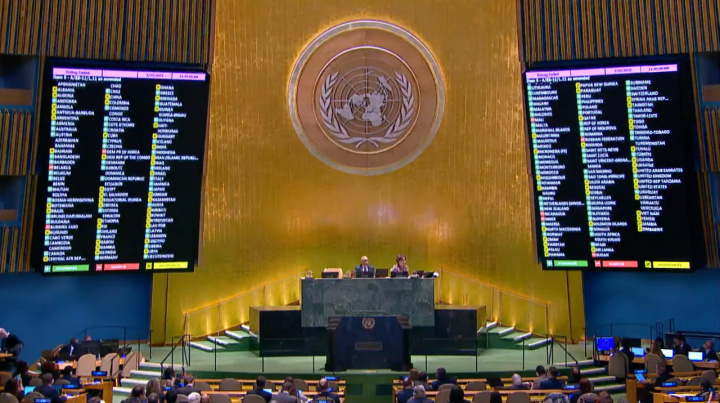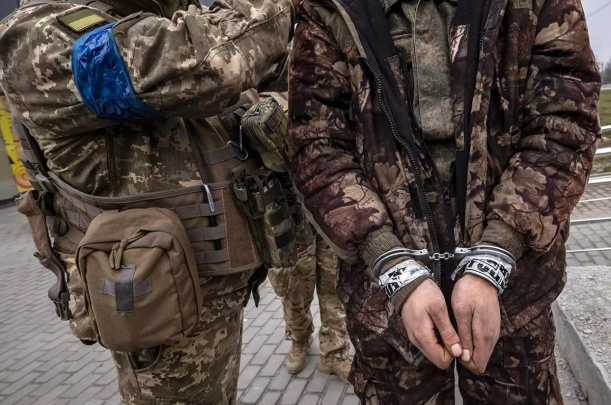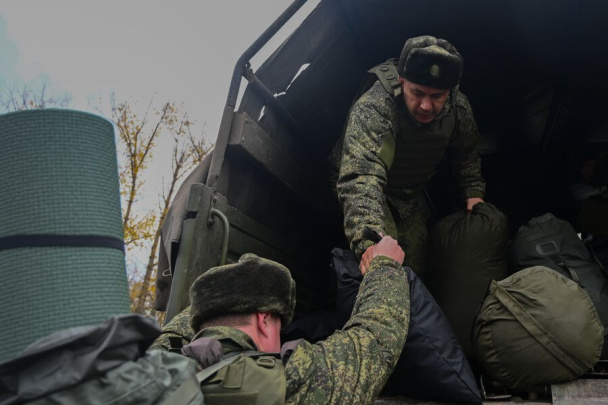“Don’t let your child sent to Russia become the next victim” – Uzbek immigrant warns compatriots
After the publication of an article entitled “Citizens of Uzbekistan convicted of crimes in Russia sent to war in Ukraine” on the Kun.uz site, Bakhtiyor Tursun, an Uzbek living in exile in Russia, contacted the site’s editorial office and gave examples of how Uzbeks are trapped.
In the article, it is written that more than 40 foreign prisoners serving sentences for drug trafficking, murder and violent crimes in the penal colony No. 17 in the Republic of Mordovia, which is part of Russia, were sent to the war in Ukraine as part of the “Wagner” private military company, there are Uzbeks among them.
“Pay attention, most of our young men in prison were imprisoned mainly due to illegal drug trade,” Bakhtiyor Tursun said.
“I have reported five or six times in a year about our compatriots who are involved in the drug trade and are being imprisoned. I spoke several times with the young men who are waiting for the trial in the special detention center.
Most of them are young men, who have just arrived in Russia. They do not know the language. Now if we think about it, if a person does not know the language, how can he (who has recently come to Russia and does not know the ups and downs of this place) get involved in this business?
Do they go to those who are engaged in this business?
Now I would like to tell a story of a short conversation I had with a young man who has been waiting for the day of judgment for a year. This young man was caught with drugs six months after his first visit to Moscow.
- Young man, what have you done? I spoke with the lawyer and the investigator, and they say that you will be sentenced to at least fifteen years in prison. You worked in construction, and it was good to earn. How did you get involved in this mess?
- Bro, I made a mistake, and now I regret it for the rest of my life. As you know, I used to work in a construction company, and Sundays were days off.
I tried to earn even on my rest day instead of lying idle.
I used to find daily jobs on Telegram channels opened for migrants. One day I wrote to the number under the ad that said, “There is a daily job, we will pay well”. They gave me another number and told me to call that number.
- Was he Uzbek, did he speak Uzbek?
- Yes, brother, he spoke in Uzbek, I don’t know Russian well yet. They asked me several questions: where I was from, when I came to Russia, whether I know the Russian language or not, and my age. After I gave detailed information about myself, they said “there is a job”.
They openly said that “there are prohibited goods in the package. You have to take it from one place and deliver it to another area. It will take you an hour and we will give you 8,000 rubles”.
Bro, to earn 8,000 rubles, I have to work for five days, they tell me how to earn that much money in one hour. “I will think about it”, I said.
I thought that if I do it once, then I won’t get involved in this business again, I’ll change my phone numbers, now I really need money, I’ll deliver the goods once only, that’s it.
I called them and agreed. They said that the rest will be told in detail via Telegram.
They wrote everything from where to take and where to deliver via Telegram. They said that the money will go to my card after the work is done. The next day, I went to the mentioned place and found what I needed, but I was detained in no time.
I didn’t know, I told the interpreter during the investigation that I don’t know what was in the glue bag. But they showed the correspondence on my phone. So, I’m here now...
- Have those customers been found?
- I think they are not able to find them, now there are thirty of us in one cell, more than twenty young men, all of them are like me, the same case...
It seems that everything is masterfully organized. The fate of this young man can be repeated in every countryman. Parents! Refrain from sending your children to Russia after their graduation. Let them understand the bitterness of life. Let him learn the language at least at an elementary level. So that they don’t become an average statistical prisoner, the next victim on the battlefield at the time of need,” Bakhtiyor Tursun wrote.
Related News

15:23 / 11.03.2025
Uzbekistan Airways flights diverted from Moscow due to drone attack

12:20 / 25.02.2025
Uzbekistan abstains from UN votes on Ukraine resolutions

15:11 / 01.02.2025
Ukraine reveals the number of Central Asian military prisoners of war

19:17 / 04.01.2025



